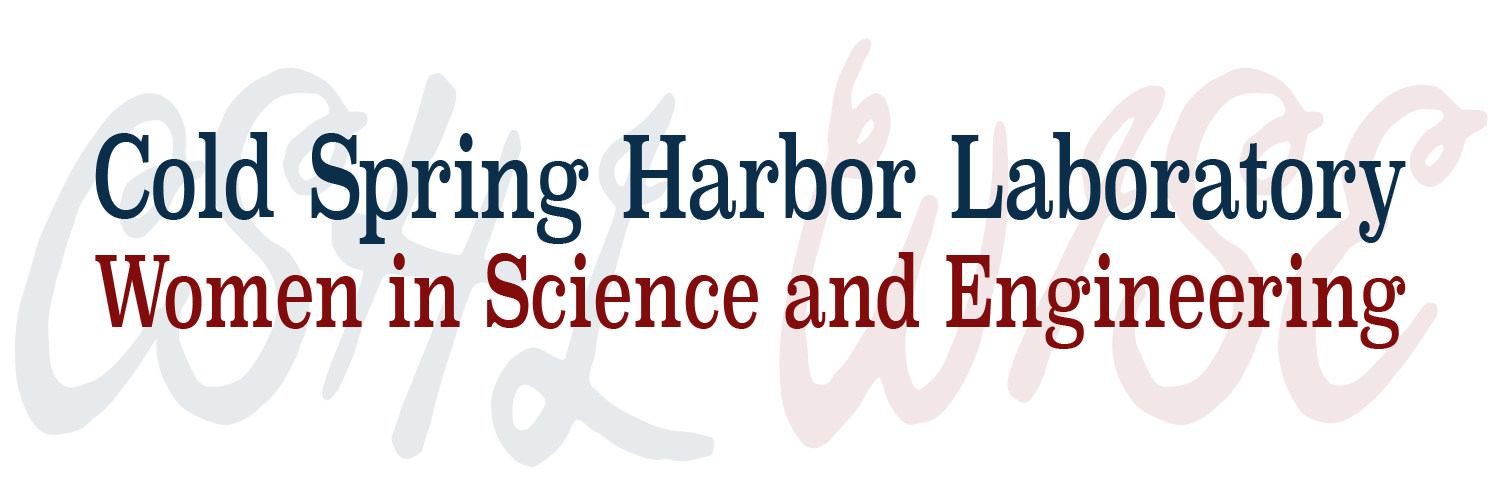
Starting with the first blood tests you receive as a newborn, you have benefitted from the work of this week’s WiSE Wednesday honoree, Rosalyn Yalow. Rosayln was born in Bronx, NY in 1921 and studied physics at Hunter College. She was worried that her gender would prevent her from receiving admission and funding for a graduate education, but with her professors’ encouragement, she applied for and received a teaching assistantship at the University of Illinois, where, out of a faculty of 400, she was the only woman. Despite the male-dominated environment, Rosalyn thrived academically and went on to become a research professor at Mt. Sinai School of Medicine and chief of the VA’s Nuclear Medicine Service.
Rosalyn was interested in studying diabetes, but there was no reliable method to accurately measure small quantities of insulin in the blood. Undeterred, Rosalyn and her research partner Solomon Berson combined methods from the fields of radiology and immunology to develop a highly sensitive assay for detecting and measuring insulin. Not only can this technique, which they called radioimmunoassay (RIA), measure numerous other hormones, it can also be used to quickly and accurately measure minute quantities of countless molecules. It has been adopted for a variety of uses including testing newborns for metabolic disorders, screening blood in blood banks, and even checking athletes for performance-enhancing drugs. For the development of RIA, Rosalyn was awarded the Nobel Prize for Physiology or Medicine in 1977, making her only the second women to receive this honor. Rosalyn’s story is a great reminder that we should not let fear of discrimination hold us back from achieving our dreams.
[sharethis-inline-buttons]
